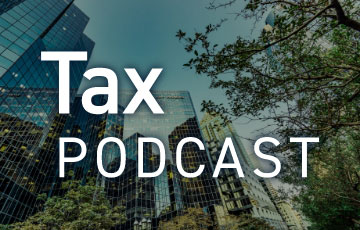When obtaining a Paycheck Protection Program (“PPP”) Loan, as a borrower, you must certify in good faith that current economic uncertainty makes this loan request necessary to support your ongoing operations.
This certification has caused many borrowers frustration, primarily because the Small Business Administration (“SBA”) issued guidance on April 23, 2020, which required a borrower take into account their current business activity and their ability to access other sources of liquidity sufficient to support ongoing business operations in a manner that was not significantly detrimental to the business.
Previously, the SBA allowed borrowers who had misunderstood or misapplied the certification rules to repay the loan by May 7, 2020. This was later extended to May 14, 2020, and has now been extended to May 18, 2020. If a loan is repaid, it will be deemed to have been made in good faith.
The SBA also recently announced that it would review any loan in excess of $2 million, in addition to other loans as appropriate and noted that it would release other information on how it would review the certification before March 14, 2020.
This guidance specifies that PPP loans of less than $2 million to a borrower and its affiliates will be deemed to have made the required certification concerning the necessity of the loan request in good faith and will not be the subject of any further scrutiny. The SBA decided this safe harbor was appropriate because borrowers with loans below $2 million were generally less likely to have had access to liquidity in the current economic environment and the rule would promote economic certainty for PPP borrowers with more limited resources to retain and rehire employees.
In addition, loans greater than or equal to $2 million which are audited by the SBA and found to not have an adequate basis for the required certification concerning the necessity of the loan request will need to be repaid with no loan forgiveness applied. If the borrower repays the loan after receiving notification from the SBA, then the SBA will not pursue administrative enforcement or referrals to other agencies based on its determination with respect to the certification concerning necessity of the loan request. Repayment without forgiveness eliminates the risk of civil and criminal penalties for certifications the SBA determines to be erroneous.






